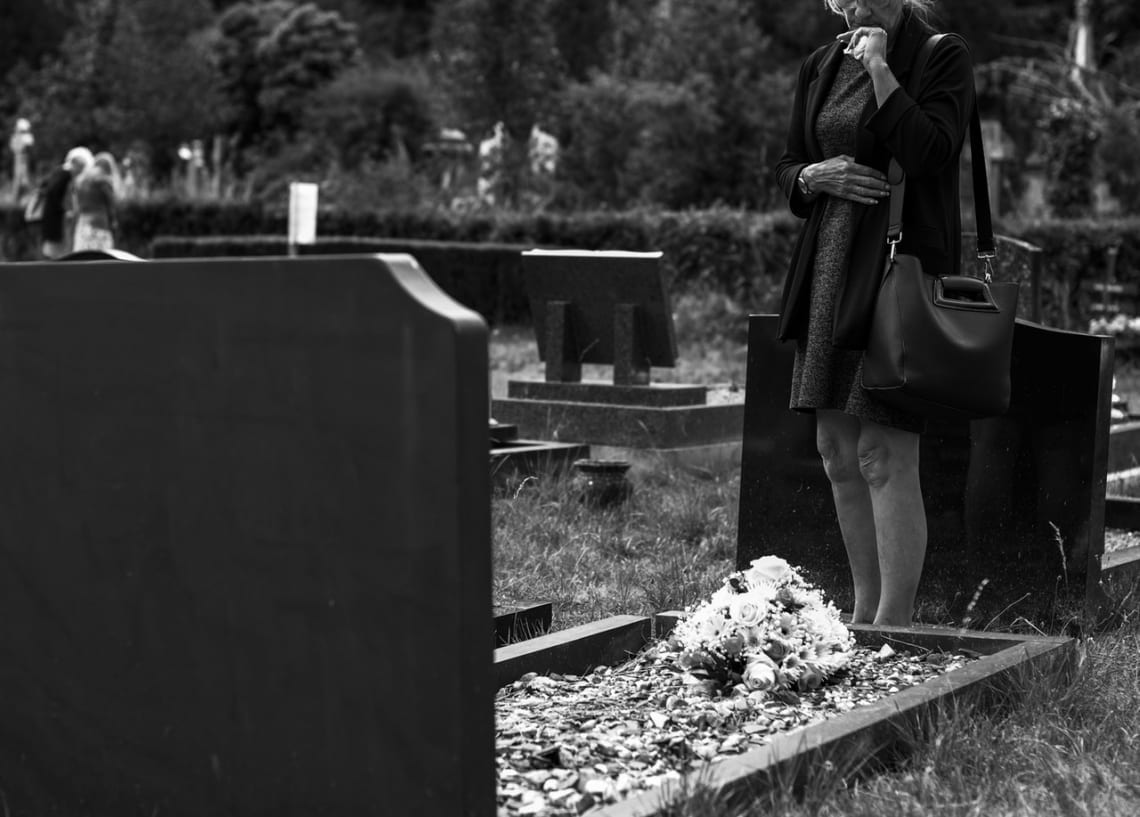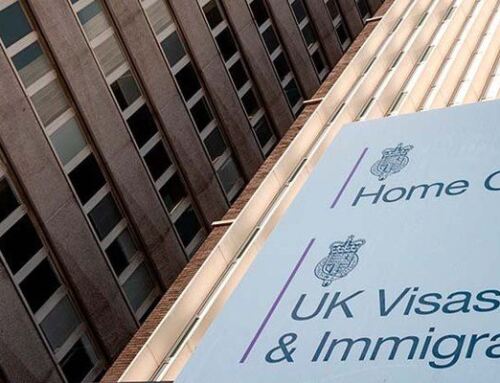Many people don’t make a Will as they believe that the state will always ensure that their nearest and dearest will inherit their estate as they would expect. However, this is not always the case. Read on to find out more
Most of us are aware of the importance of making a Will, but many people still think that if they don’t make a will the state will always ensure that their nearest and dearest will inherit their estate as they would expect.
Whilst it is true that there are statutory provisions to protect next-of-kin and distribute an estate among the surviving family, the outcome isn’t always as you would expect or as you would want and indeed some families are surprised by the legal position when they seek our advice after the death of their loved one.
So, what does happen when you die without a Will (Intestate)?
Spouses & Civil Partners
The deceased’s spouse/civil partner will inherit the main home (up to the value of £473,000) and furniture and plenishings (up to the value of £29,000) as long as they have been resident with the deceased for at least 6 months prior to the death.
Thereafter they will receive the first £50,000 of the estate.
Whilst this is an automatic right, the lack of a Will does mean that an application to court is required to appoint the entitled party as an executor. This can result in added difficulties and costs. .
Where the estate exceeds these amounts as set out above, legal rights apply which treat spouses and children equally and they will each receive one third of the moveable estate. Thereafter the balance, referred to as the free estate, will usually fall to children, but can fall to other remoter descendants (parents, siblings and wider relations). It is in the case of the latter that we hear the most complaints.
Cohabitants
By far, cohabitants are the least protected family members in the absence of a Will. The law does afford some protection, but this protection is not automatic as with the case of a spouse or civil partner and children and must be sought through an application to the Court. The Court can make a discretionary award and will take into account the whole situation regarding the estate and whether any other provision has already been made for the cohabitant. This might include whether there is a survivorship destination in the title to the shared home, or life insurance provisions where the cohabitant has been named in a nomination letter for example. They will also take into account any claim an estranged spouse may have, which will take priority, and the impact of such an award on the children’s entitlement.
Previous Court decisions leave an air of uncertainty as the factors that Courts can take into account are wide-ranging.







